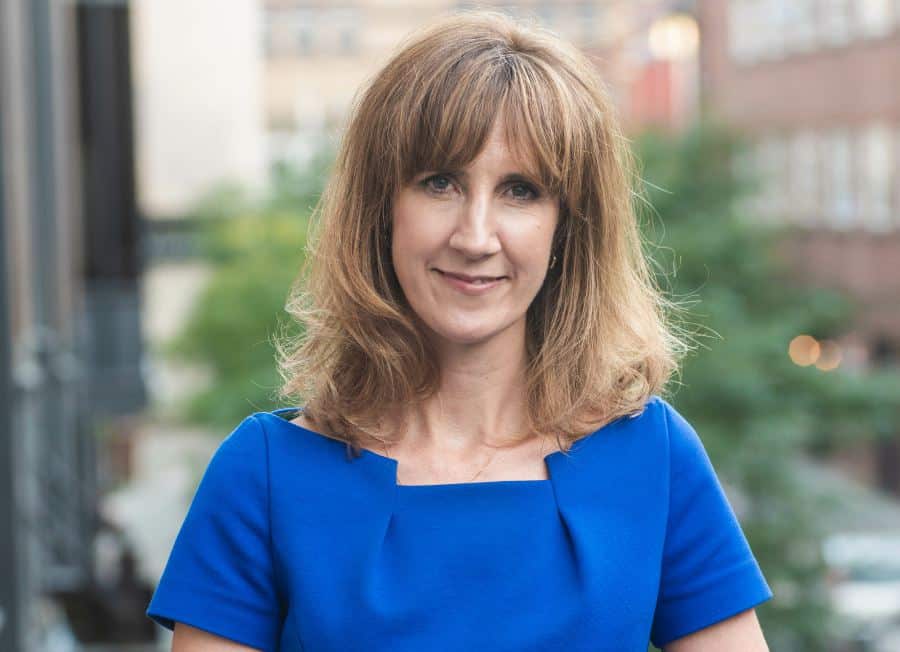New and different skills are needed in the boardroom as business leaders deal with risk management along with unforeseen and hugely challenging global events, says a survey from the Institute of Directors.
The organisation’s Director Sentiment Monitor for the second quarter found that business leaders are less confident about the economy, and that geopolitical and economic stability is the single biggest risk facing respondents’ organisations.
“Traditional boardroom competencies are undergoing a shift in prioritisation as businesses and business leaders deal with unforeseen and hugely challenging global events,” it says, “with implications for the governance and leadership of organisations.”
As a result, the survey found, there has been a change in the experience/expertise matrix needed to navigate an uncertain future. In this context, there have been a few notable movements since the Q2 survey of a year ago.
Asked 'In respect of your primary organisation’s board and its future success, what do you believe will be the most desired experience/expertise needed over the next two years?’ 62% of the respondents selected ‘strategy’ in Q2 2022 compared to 35% in Q2 2021; 32% chose ‘risk management’ compared to 21% in 2021; and 22% selected ‘human resources and people management’ compared to 18% in 2021.
Cybersecurity slid down the rankings, selected by 12% in Q2 2022 compared with 22% in 2021.
Others in decline included business continuity planning, chosen by 9% in Q2 2022 compared to 17% in 2021; and digital — 14% picked it in Q2 2022 compared with 21% in Q2.
IoD chief executive Caroline Spillane said: “It is notable that only one in ten of respondents are positive about the Irish economy, and they see geopolitical/economic instability as the biggest single risk facing their organisation.
"It follows that business organisations are now looking at risk management, as well as ESG and strategy, as the more crucial competencies to navigate their boards in these uncharted waters.
“Risk management did not figure as highly in our equivalent survey in Q2 2021, but is now seen among the top three competencies.
“It is important that all directors and business leaders are cognisant of this evolution in the governance area and that they keep abreast of what boards are looking for in order to meet the highest standards of good governance.”
Her words were underlined by the stark results of the optimism question, 'In respect of the Irish economy, how do you feel now compared to the previous quarter?'
The more optimistic answers declined from 61% positive last year, to 9% now, while pessimists jumped from 11% to 64%. The more equable category of ‘no change’ stayed at 11%.
Photo: Caroline Spillane, IOD








